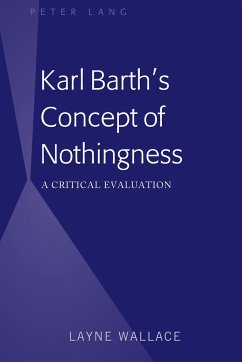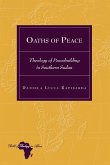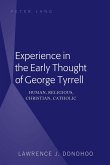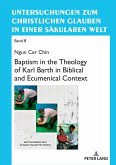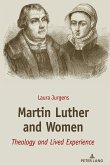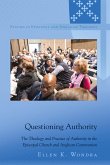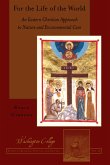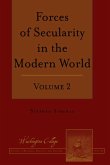Karl Barth's Concept of Nothingness: A Critical Evaluation is an examination of Barth's discussion of the problem of evil in the Church Dogmatics. It provides a thorough exegesis of Barth's thinking on the origin of evil and the nature of the "shadow side" of creation in dialogue with John Hick and David Bentley Hart. The book's primary focus is in demonstrating the logical difficulties in Barth's thinking on the problem of evil. Further, it proposes a way forward that is beneficial to the pastor and provides hope and comfort to those in the midst of suffering and evil.
"Theological students with a passing acquaintance with Barth likely know he had little use for the enterprise of apologetics, and to the extent that they associate theodicy with apologetics, they may likewise assume that Barth does not offer a substantial treatment of the problem of evil. Wallace contends that while evil was indeed a significant locus in Barth's theology, it was inadequately developed. This book gestures toward a more robust theology of evil by bringing Barth's thought into dialogue with other proposals that lead Wallace to offer pastorally oriented correctives to these shortcomings."-Steven R. Harmon, Professor of Historical Theology, Gardner-Webb University School of Divinity

